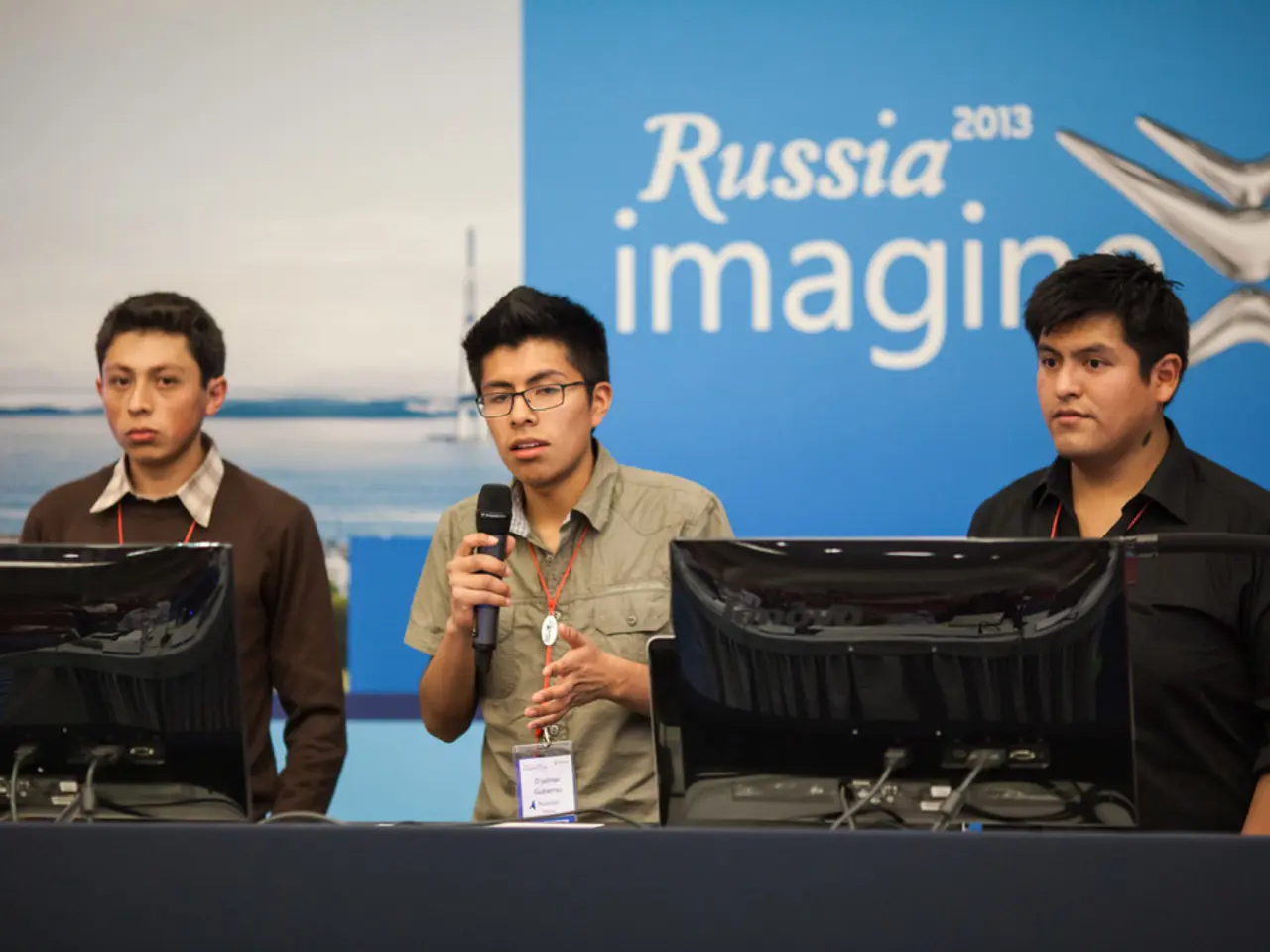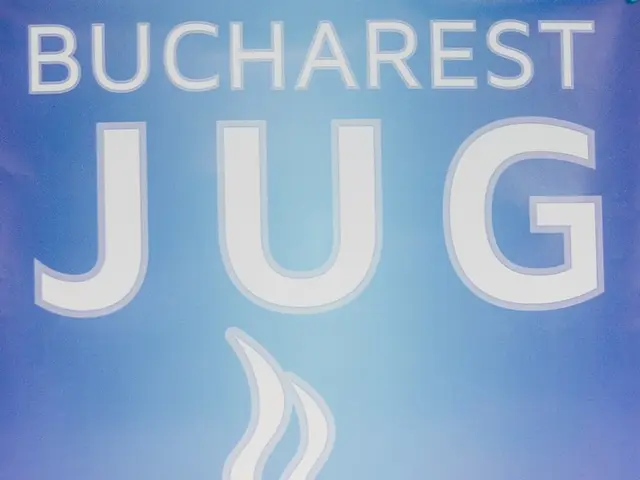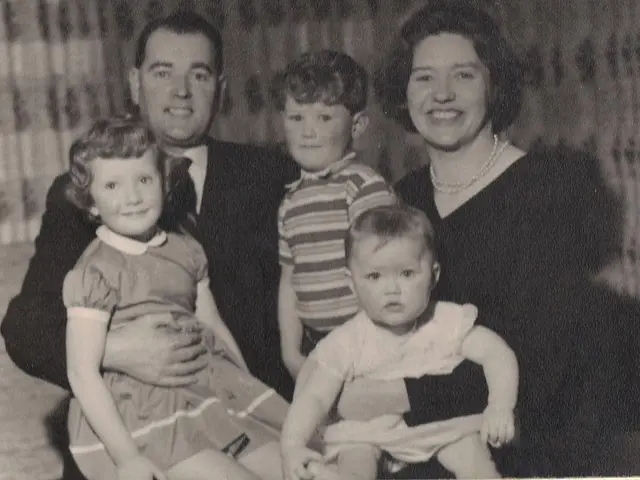Russia Pushes for Russian Role in Security Assurances for Ukraine - Russia demands involvement in security assurances for Ukraine in Moscow
In the midst of escalating tensions and continued conflict in eastern Ukraine, the United States and European allies have proposed a comprehensive security guarantee for the war-torn nation. This multi-layered approach aims to create a robust deterrent against renewed Russian aggression, but faces opposition from Moscow.
Western Proposal for Security Guarantees
The proposed security guarantees envision a European-led force grouping to be deployed on Ukrainian territory post-war. This force, expected to consist of tens of thousands of troops from European states, would operate on the ground as part of peace and security guarantees. The United States would supply strategic enablers such as intelligence, surveillance, reconnaissance, command and control, air defense assets, aircraft, logistics, and ground-based radar to support and protect the European troops.
The proposal outlines a three-tier defense structure: a demilitarized zone patrolled by peacekeepers from neutral third countries, NATO-trained Ukrainian troops defending fortified borders, and a European deterrent force, supported by U.S. assets, operating deeper into Ukraine as a third defensive line. Ukrainian troops are planned to hold positions behind the demilitarized zone, with training and armament supplied by NATO states.
Russian Opposition
The Kremlin strongly rejects any Western or NATO military presence in Ukraine. Kremlin spokesperson Dmitry Peskov emphasized that Russia views talk of European troops in Ukraine negatively and sees such deployments as an expansion of NATO presence, which Moscow opposes as one of the initial reasons for its 2022 invasion.
Peskov also insists on private, not public, discussions about the security guarantees, opposing the transparency of Western talks. He asserts Russia demands the right to veto any Western security guarantees for Ukraine and aims to exclude Ukraine’s European partners from offering robust guarantees.
Russia remains unwilling to agree to an unconditional meeting between Presidents Putin and Zelensky, citing requirements for "reciprocity" from Kyiv and blaming Ukraine for the lack of scheduled high-level talks. Kremlin officials maintain a negative view of European proposals, signalling continued resistance to troop deployments and emphasizing their concerns about NATO expansion as a security threat.
Impact and Future Negotiations
The current topic of discussion is security guarantees for Ukraine, with the United States proposing guarantees modeled after Article 5 of the NATO treaty. High-level Ukraine-Russia negotiations remain stalled, with no confirmed next round of talks and conditions on bilateral meetings remaining unmet.
The latest attacks in Ochtyrka, Sumy region, which left fourteen more people injured, underscore the need to put pressure on Moscow, according to Ukrainian President Volodymyr Zelensky. He stated that the attacks underscored "the need to put pressure on Moscow," including through sanctions.
The situation reflects ongoing efforts to balance Ukraine’s security needs with Russia’s demands, amid stalled peace talks and continued Kremlin military pressure. The future of these negotiations and the proposed security guarantees remains uncertain, with both sides holding firm to their positions.
Read also:
- United States tariffs pose a threat to India, necessitating the recruitment of adept negotiators or strategists, similar to those who had influenced Trump's decisions.
- Weekly happenings in the German Federal Parliament (Bundestag)
- Southwest region's most popular posts, accompanied by an inquiry:
- Discussion between Putin and Trump in Alaska could potentially overshadow Ukraine's concerns








